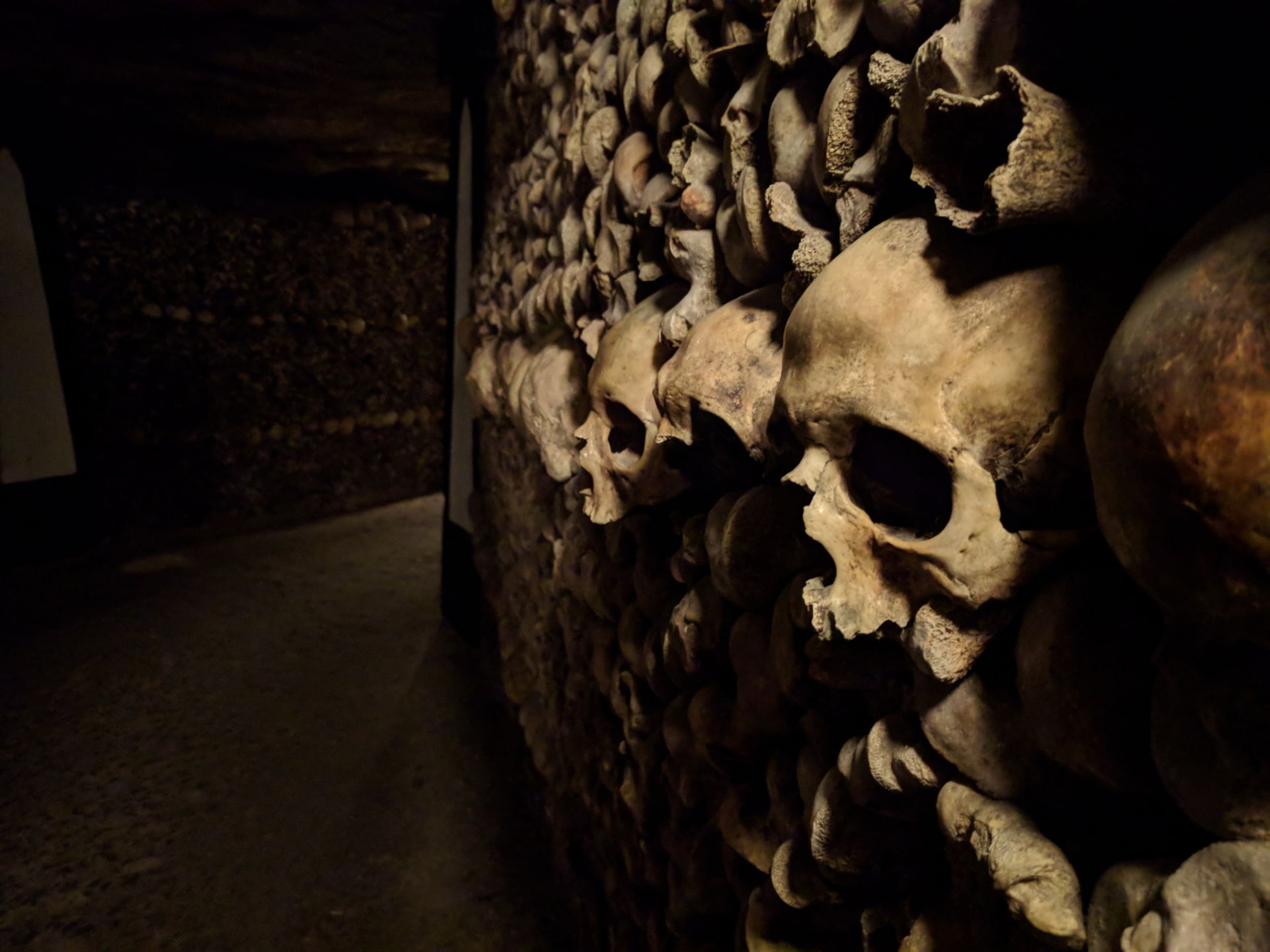Dark tourism can lead to dark places
A James Cook University researcher has been studying ‘dark tourism’ – the phenomenon in which tourists visit sites of death and disaster – and is warning of its psychological dangers.

Travel medicine specialist Dr Irmgard Bauer is from JCU’s College of Healthcare Sciences. She said the term dark tourism covered a range of destinations of varying danger and horror, from historic dungeons and prisons to old and current battlegrounds, to sites of the Inquisition, Holocaust or Rwandan genocide.
“Memorial sites for the 1994 Rwandan genocide, for instance, attract visitors who are presented with displays of bloodstained clothes, the actual remains of victims and also the opportunity to meet some of the perpetrators in person,” said Dr Bauer.
She said such tours may inflict psychological scars in an unpredictable way, including descent into full-blown psychosis, with the reaction subjective, highly individual and unpredictable.
“Torture instruments in a mock dungeon may shock one traveller whereas another remains detached when visiting a former concentration camp. So, it is important travel medicine practitioners investigate travellers’ motivations for and emotional responses to visits of ‘dark’ sites,” said Dr Bauer.
She said one of the reasons for dark tourism’s attraction may be a natural curiosity and hunger for more insight into death.
“People have become more distant from death. It’s been medicalised, so dying now happens away from public view, it’s become a private affair, so there are usually no public outpourings of grief, and the de-ritualisation of death and mourning makes sure that life goes on without major interruption,” said Dr Bauer.
She said regardless of which philosophical angle, category, classification or label is used, it is the appreciation of the effect on the traveller that should concern travel health practitioners.
“It is a practically unexplored part of travel medicine. Travellers may come home with a fever, which will be attended to; but their potential psychological scars remain invisible,” said Dr Bauer.
More Information
Media Enquiries:
Published:
26, August 2021